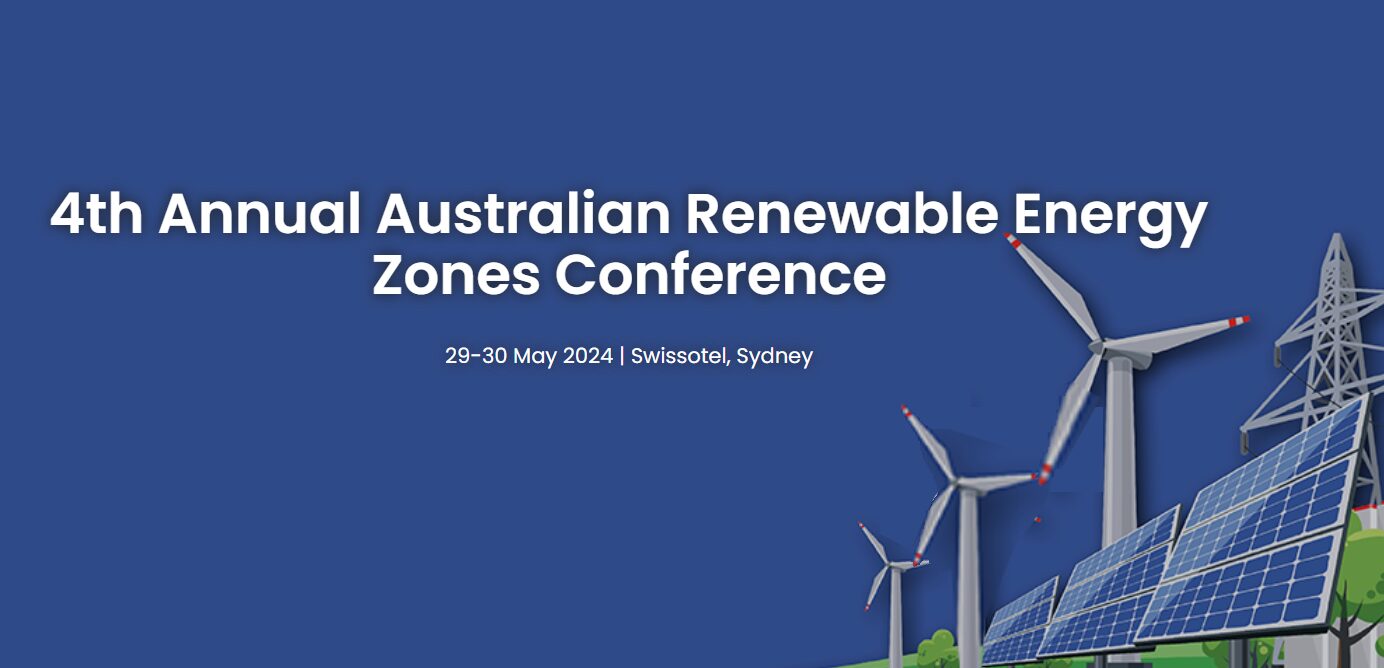
According to an evaluation of the sustainability reporting practices of more than 1,500 captured entities by national professional services firm RSM Australia, the majority of Australia’s publicly listed and private companies are ill-prepared to meet looking new mandatory climate risk disclosures — that are set to be phased in from July 2024.
Less than 40 per cent of the companies evaluated by RSM’s national team of ESG and climate risk experts currently publish a sustainability report, with private companies (20 per cent), well behind public companies (50 per cent).
Additionally, approximately only four out of 10 entities collect and report on their direct and indirect emissions — moving forward, compulsory metrics companies will need to include in their first year of reporting.
RSM Australia Director of ESG and Climate Services Catherine Bell warns that organisations of all sizes should not underestimate the amount of work, time, expertise and investment required to comply with the new corporate disclosure regimes.
“While the first group of reporting entities — businesses with more than 500 employees and more than $500 million in revenue — are more advanced in their sustainability journey than other companies, our research found 30 per cent of these Group 1 entities were yet to publish emissions data.
“In addition, many companies with highly developed ESG reporting are yet to consider or reliably quantify how changing climate conditions and Australia’s transition to a net-zero economy will impact their company’s short, medium and longterm financials through climate scenario analysis.
“Only 26 per cent of Group 1 entities had undertaken climate scenario analysis,” said Bell.
According to the From Sustainability Marketing to Sustainability Accounting: How Prepared is Corporate Australia for Mandatory Climate Reporting? report, companies in industries such as mining, financial services, the energy sector and real estate had more advanced sustainability reporting practices than companies in construction, retail, agriculture and ICT sectors.
It outlines how companies can deliver on the expected requirements, timelines, assurance, corporate risks and opportunities of Australia’s new climate-related financial disclosure standards in the research report.
The report also sets out practical advice on the types of preparation businesses can take for the new reporting standards, and outline new obligations for responsible entities.
The company also reviewed publicly available ESG reporting information of 1,522 publicly listed and private Australian companies as at 31 October 2023.
Information was collected from company websites as well as annual and sustainability report, and NGER published reporting entities.












